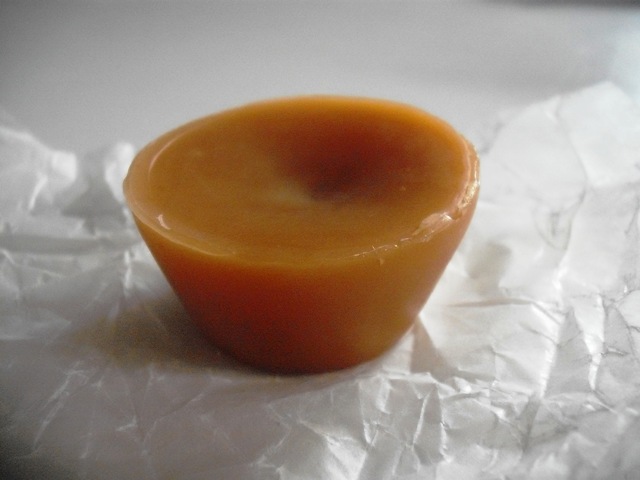
Beeswax is an amazingly useful substance that of course comes directly from nature, thanks to the bees, is relatively inexpensive, and is as astoundingly versatile as it is bursting with benefits. All of which makes it a perfect candidate for being a star here at spotless.
However two things have made me hesitant about letting this one loose here. The first is that, unlike the other spotless ingredients, beeswax can be a little tricky to obtain. My other reason for pause comes from the fact that it is a tough wax that is very firm at room temperature. It needs to be meted and mixed with other oils to make it workable for our purposes at room temperature. This means that incorporating it into recipes requires switching on the stove and doing some double boiling, which immediately sounds very complicated and potentially messy. It also makes it more difficult to clean up after using beeswax (I’ll dedicate a post to this). And one of my rules for including recipes and key ingredients on spotless, along with them being edible, is that they are simple and easy to use.
The last thing I want is to put anyone off from embracing the spotless way of doing things for fear of it being a hassle. If I am already putting you off, please bear with me as I explain my reasons for deciding that the huge advantages of beeswax make it so worth making an exception for. (And really it’s not hard to melt. I’ll get on to that next time.)
Keeping it together
Beeswax has a plethora of uses and benefits. For us at spotless, one of its main attractions is precisely related to the fact that it is so tenacious and hard at room temperature, or even in hot weather outdoors. This means that adding it to recipes along with other oils, lends stability and firmness to mixtures that may otherwise have a tendency to melt too easily, turning runny or “oily”. It helps them remain creamy, even after being applied to the skin. Adding beeswax adds a pleasant thickness to creams and keeps them beautifully spreadable. Beeswax is not exactly an emulsifier, but its stability does make it excellent at holding a mixture together in a stable form (even those containing water-based ingredients to some extent).
Keeping it good
Beeswax never goes bad. It’s that simple. Those bees really know what they are up to. In the hive, along with its protective function as a physical barrier it also serves to keep the hive free of infection of any kind. Incorporated into recipes, it does the same for us: protecting the mixture itself and our skin when we apply it (it has antibacterial, antifungal and antiviral properties.)
Making it better
Along with all that antiseptic power, beeswax is soothing and anti-inflammatory and encourages healing of wounds. So, if skin is sore, damaged or itchy, beeswax will help, enormously.
Saving water
Beeswax forms a protective barrier against moisture loss from the skin (it can even be used as a waterproof coating on shoes!) But unlike petroleum-based barrier creams, it allows the skin to breathe freely. At the same time it is a humectant, meaning it attracts water molecules, helping to keep the skin hydrated.
And…
To add a final touch, beeswax has a delightfully light aroma of honey and beautiful golden colour.
Spreading the love
All the benefits of using beeswax on the skin apply equally well to using it on other natural surfaces such as wood and leather, making beeswax an excellent ingredient in polishes. It will care for and protect these surfaces beautifully, and can even prevent rust on metal objects like garden tools. I’ll write more details about using beeswax around the home in a later post.
Next time,
I’ll explain how to start using beeswax by giving instructions on melting it (alone or with other butters and oils). It’s really not difficult and, as you can see, well worth the effort.
Interested in Advertising with Us?
Promote your brand and reach an engaged audience who values quality, sustainability, and healthy living.
Contact us to learn about our advertising opportunities.
CONTACT US